Imagine a commercial property without any indoor applications – that is how they would have been without stranded wires. A stranded wire is one that is made of multiple thin strands – often made of copper. They are then twisted and bundled together within a PVC cable, thereby creating a multi-strand conductor. Versatile in nature, they are available in different types. Learn more about them below.
Stranded Wire Types
While the basic principle of a stranded wire remains constant, they are available in several designs. Given below are the different types of stranded conductors (i.e. class-2 and class-5 type) :
- Bunch Strand
In this type of wire, the thin strands are bunched together in one direction; however, they have no particular geometric arrangement. They are twisted and bunched tightly to ensure optimal flexibility, durability and resistance. It is noteworthy that the individual wires do not have a fixed position inside the strand.
- Concentric Strand
A concentric stranding conductor comprises a central core surrounded by single or multiple layers of individual wires. While the first layer consists of the smallest quantity of wires, each subsequent layer has six more than its preceding layer. Since they are arranged in concentric circles, the need to use filler material gets reduced drastically.
- Annular Conductor
In this type of stranding conductor, there is a core that is made of non-conductive material – either wholly or partly. Wires that may be insulated are stranded in reversed concentric layers around this core. This ensures such stranded wires reduce their resistance while retaining their shape – a win-win situation.
- Rope Strand
When several wires are grouped together into several bundles, they are typically called rope strands. Each wire bundle is then arranged in concentric circles to create a cable. They are known to be highly durable and flexible (Class – 5 Type), thereby making them versatile for different applications that require consistent movement.
- Compact Conductor
A compact stranding (Class – 2 Type) conductor is one in which each layer is stranded in the same direction and then rolled into its ideal shape. Once this is done, they are compressed to remove air spaces between each strand. This makes it smooth and compact, thereby resulting in a narrower than usual diameter.
As you have read, stranded wire types vary – each has its own unique property and benefit. This is why it is essential to choose the right stranded wire based on your requirement. But how can you make the choice? Scroll down to know more.
How to Choose the Right Stranded Wire for You?
Choosing the right stranded wire is essential to the success of your project or smooth functioning of your product. Given below are steps to help you make the right decision:
- Determine the wire gauge and length
- Identify the wire flexibility you need – solid core, coarsely stranded, or finely stranded
- Gauge the best type of insulation you need
- Choose wire colours wisely so your team or the end consumer knows which wire is used for what
- Select a copper or aluminium stranded wire
Now that you know how to choose the right stranded wire, you are probably wondering which brand you should trust, right? Not to worry, we have got your back – quite literally.
KEI Industries – India’s Leading Stranded Wire Manufacturer
KEI Industries – started as Krishna Electrical Industries in 1968 – was primarily into the business of manufacturing house wiring rubber cables. Mr. Anil Gupta – a stalwart in the industry – noticed the increasing demand of stranded wires due to multiple benefits and created this as an opportunity for KEI Industries. Years later, they have grown from a single office to a brand with global presence; not to mention, a vast network of 5,000 + channel partners! To know more about our stranded wires, send us an email on info@kei-ind.com. If you are interested in learning about our other products like extra-high voltage cables or low voltage cables, communication or instrumentation cables, fire resistant or solar cables, please visit www.kei-ind.com.







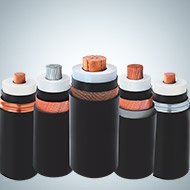
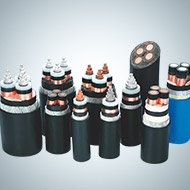
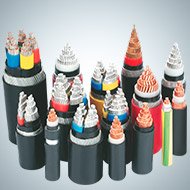

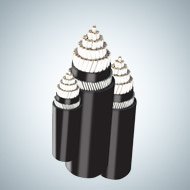
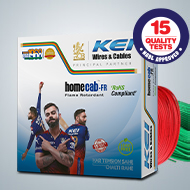
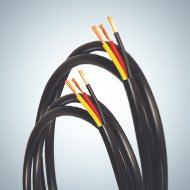
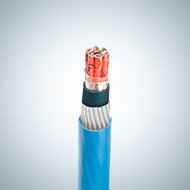
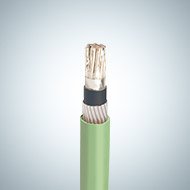
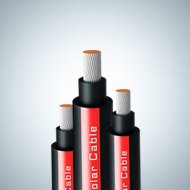
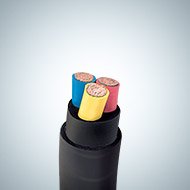
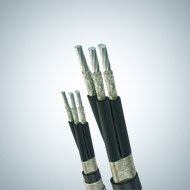
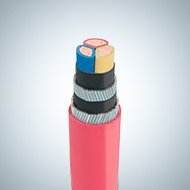
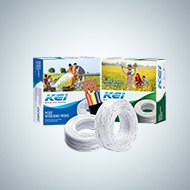

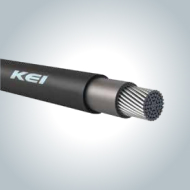
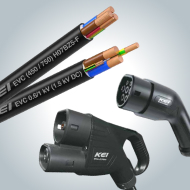



























 Subscribe Newsletter
Subscribe Newsletter